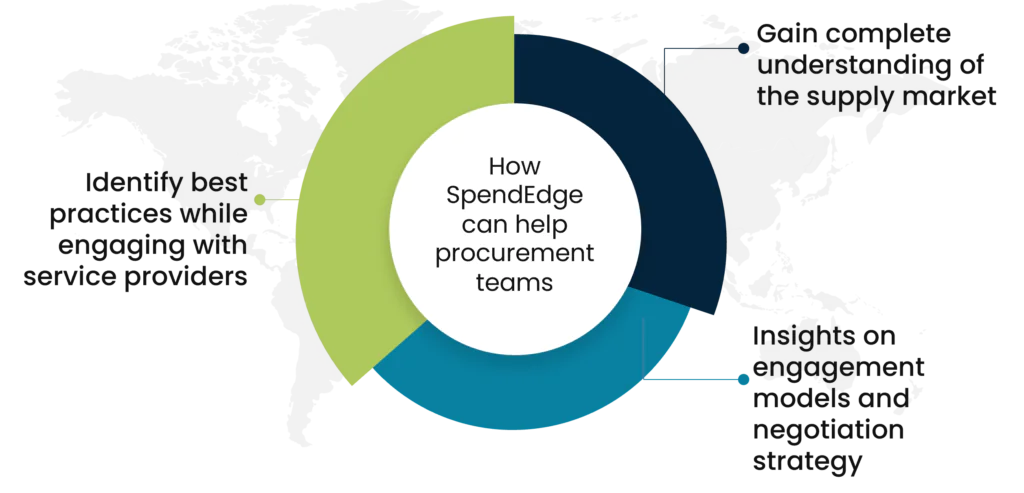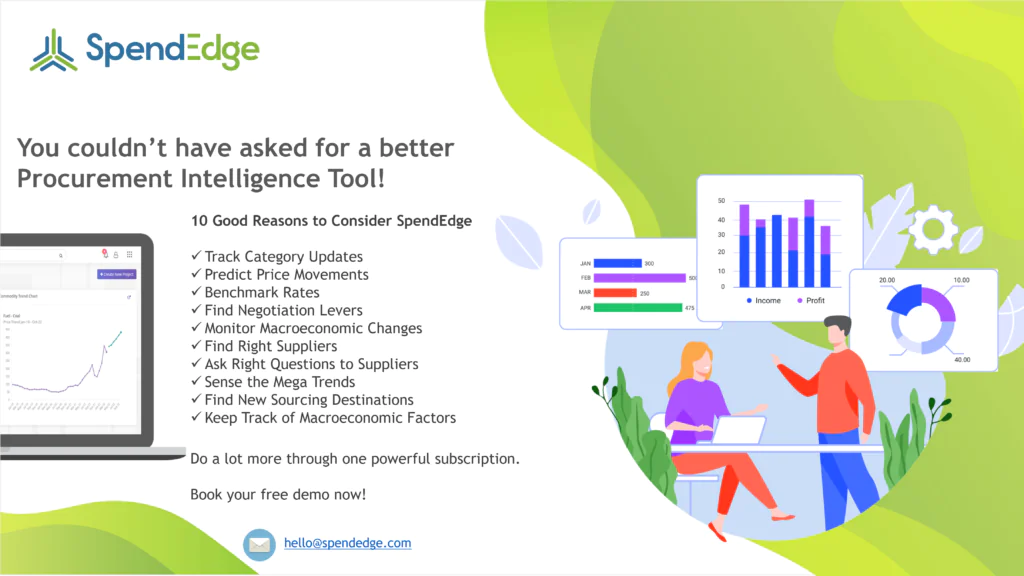By: George Mathew
In the competitive environment in which most businesses operate, one question that always arises is how to reduce costs. This is where an expert procurement team comes in. However, there are instances when the procurement team is sidelined because of more powerful stakeholders within the organization. Examples of such instances can include the general counsel who negotiates all the legal providers, or the CEO who directly awards a project to a strategy consulting house, or a marketing director extending the contract of an agency. In each of these case, the procurement team does not get involved, which can cost the company by way of a more expensive contract compared to if the procurement team was involved in the negotiations.
The question which then arises is, as a procurement stakeholder with the ambition to make a difference, what should be done in the face of more powerful stakeholders? Usually there are four reasons why the procurement function gets sidelined.
Company culture
In some organizations, different business lines are viewed as entrepreneurs who need freedom to be agile and perform more efficiently. In such organizations central service functions such as procurement are involved in the decision-making process only when the budget holder feels the need for them. In such organizations, the procurement team is not viewed as a function that should be consulted for all major procurement requirements.
Misaligned priorities
In some cases, certain business units can actively avoid central functions such as procurement citing previous issues or misaligned goals.
Lack of specialized knowledge
In certain cases, the budget holders may feel they have more knowledge and expertise related to the product or service that they are looking to procure. In such situations, the budget holder can decide not to involve the procurement team members in the decision-making process.
Poor reputation of procurement function
Some budget holders can hold the opinion that the procurement function unnecessarily slows down the procurement process or even worse, seek to reduce budgets so they can justify their value to finance. Due to such apprehensions, these budget holders prefer to keep the procurement function out of the decision process.
What procurement function should do:
The first step that the procurement stakeholders should do is to assess their own knowledge related to the product or service that needs to be procured (expertise on the supply market, capability to bring new ideas and insight that will trigger a difference in working practices) and the power balance they share with the budget holder (the probability of successfully enforcing change based on a judgement of the power balance). Once this is done, there are four options that exist for the procurement stakeholders.
Start by following and then start leading
The step here is to demonstrate the quick wins and show the value proposition in less key areas. This can help the procurement function to earn the reputation of being able to bring value to the budget holders and then be involved in more important procurement decisions. In the long term this can have mixed results. Although the middle management that generally look after the low key areas can greatly benefit from the help received from the procurement function, it may not necessarily flow upwards to the higher management that look after more critical areas.
Lead
In cases where the procurement function feels that they have sufficient knowledge related to the supply market and have a strong power balance, they can lead the procurement decision making process. Planning, communications and change management (and patience), alongside strategic sponsorship will all be critical here to insert procurement’s expertise into the function.
Follow where allowed
When both the power balance is weak and the knowledge regarding the supply market is low, the procurement function should take a step back and decide to get involved in the decision making only when asked to do so. In such cases, the procurement function can look to provide a resource as a token/bridgehead to stay close and provide support and be present to help and keep channels of communication open.
Follow and build capability
When the power balance is in favor of the procurement function, but the specialist knowledge is low, it is important to take time to first build knowledge. This can be done through different methods such as bringing in external help in the form of hiring or bringing in a professional services firm and conducting knowledge sharing and building relationships with the budget holder’s team.
How SpendEdge can help procurement teams

Gain complete understanding of the supply market
SpendEdge analysts’ expertise in different supply markets can help procurement teams gain a thorough understanding of how a specific supply market functions, what are the recent developments in the market, who are the important vendors providing the service or product, etc.
Insights on engagement models and negotiation strategy
With several years of experience helping clients in different supply areas, our analysts are capable of providing insights related to different engagement models specific to the market along with the pros and cons of each option. In addition, the negotiation strategies devised by our experts can help the procurement function achieve substantial cost reduction.
Identify best practices while engaging with service providers
When it comes to engaging with vendors in different supply markets, our experts can help the procurement function by identifying the best approach on vendor selection, engagement models, contract negotiation, and cost management. With a clear view of the best practices, our experts help clients achieve cost savings and minimize the risk in the procurement process.
Success story: How SpendEdge helped a CPG company with category intelligence service
SpendEdge recently helped a CPG company with presence across personal care, home care and F&B categories. The client’s procurement team supporting the ice cream business wanted to know about the market for contract manufacturers in Europe. Since the ice cream business is largely seasonal in nature, the client wanted to check the possibility of expanding their manufacturing capacity by partnering with contract manufacturers instead of expanding its current facilities or building new manufacturing facilities.
SpendEdge’s analysts began by assessing the ice cream market in Europe (size and growth potential) to determine the additional capacity the client would need to benefit from potential market growth in future. In addition, the recent trends related to the ice cream market, and specifically the contract manufacturing market was also analyzed. Once it was determined that there was merit in the company expanding its ice cream manufacturing capacity, our analysts started identifying the key contract manufacturers for different formats of ice cream. For the identified contract manufacturers, the operational and functional capabilities covering manufacturing capacity, plant locations, type of equipment used, and quality certifications were assessed. Based on this assessment, the best fit contract manufacturers were shortlisted.
SpendEdge analysts also provided recommendations on the best engagement practices which could help the client obtain better value from the engagement. Finally, the most important KPIs to be included in the contract, and which would help evaluate the performance of the contract manufacturers were provided to the client.

Contact us now to solve your procurement problems!
Author’s Details
George Mathew
Associate Vice President, Sourcing and Procurement Intelligence
George is a procurement specialist at Infiniti Research and provides advisory services to clients across the pharmaceutical, CPG & FMCG, energy, and automotive sectors. He specializes in the procurement areas of industry benchmarking, cost modeling, rate card benchmarking, negotiation advisory, and supplier intelligence.




